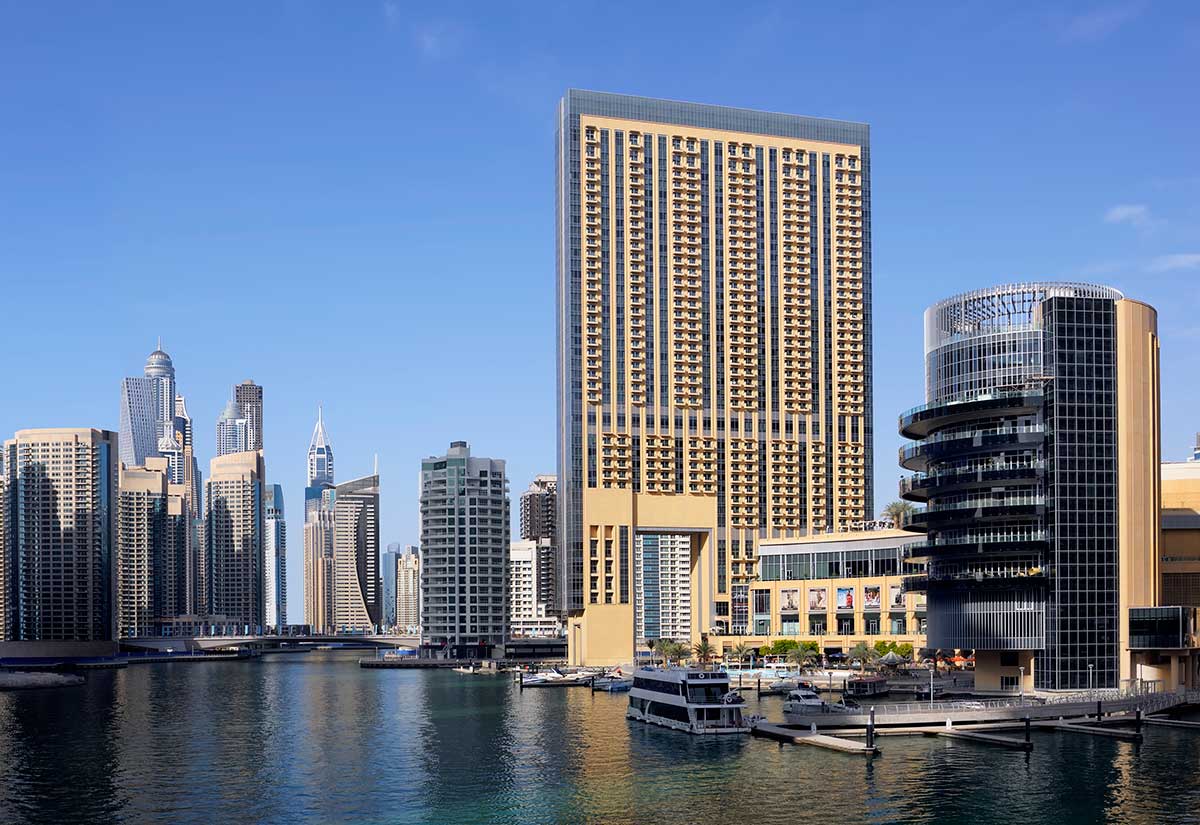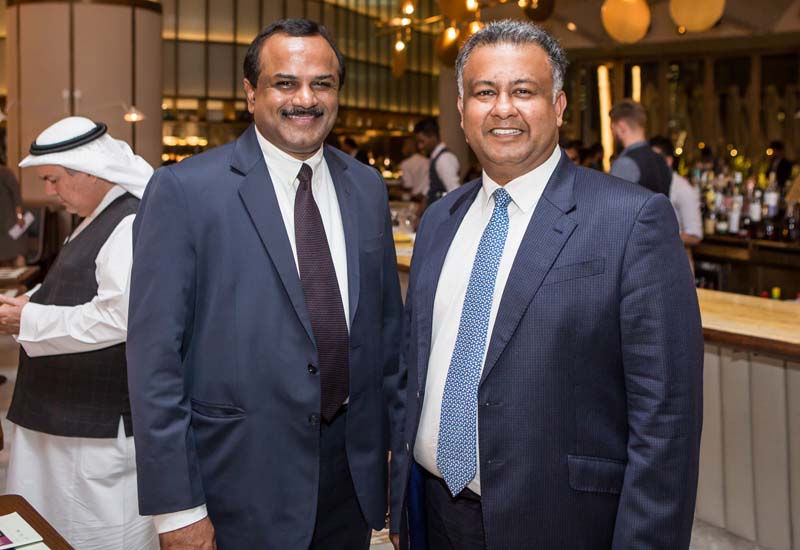One of those kinds of travellers are the millennials. Emaar Hospitality Group CEO Olivier Harnisch agrees, and says: “There will also be an emphasis on how the new generation of travellers — the millennials — are changing the hospitality industry landscape, especially with an increasing demand for midscale hotels. Emaar Hospitality Group launched Rove Hotels, our contemporary midscale hotels, in response to this shifting trend.”
Pettinger-Haines also concurs, and states: “I think that the millennial market is the one everyone is trying to capture and, as such, properties which are more unique and focused on experience are becoming more popular. Similarly, as the mid-market traveller becomes more important for the region, there is a push to invest in this segment as well as develop outside of primary cities.”
This is why brands such as Hilton Garden Inn and Hampton by Hilton are where Hilton sees the greatest opportunity for the region and in particular markets such as Dubai, Jeddah and Makkah where upscale and luxury is firmly established, reveals Khneisser. He notes: “This is something that, as our mid-market hotels open and begin to drive market premiums, owners are realising as well and coming to us asking for more. Aside from looking for operators who will maximise returns, owners are increasingly wanting to become involved in their investments and this means they value brands that can offer flexibility. Brands like DoubleTree by Hilton and our Curio Collection are less bound by brand standards and guidelines, meaning that an owner can develop a hotel with us that still avails of our commercial platforms (and 70m plus Hilton Honors guests) but is still able to retain its own unique identity and branding.”
So all are in agreement that there is plenty of opportunities to be had. Essonni says that recent industry reports show a staggering pipeline increase in rooms supply for the GCC, with more than 51% (72% in Makkah alone). “Is there a risk of over-supply?” he asks. He says that the KSA 2030 Vision and opportunities that it avails to investors, developers, operators, and suppliers should be a point of discussion at the event.
Harnisch shares some statistics, which shows that the region’s construction market, which BMI Research and PwC named the world’s fastest growing, now totals over $4 trillion — much of this construction directed towards the hospitality industry. “Hotel owners are, no doubt, seeking increased returns and value. That is why we have introduced our new approach to the hotel management agreements. This is a departure from the prevalent fee structure in the hospitality sector, where hotel operators receive a base fee as a percentage of gross revenue and an incentive fee based on the gross operating profit,” he reveals, and continues to say: “Our alternative model is based only on an incentive fee, which is driven by the operator’s ability to generate profits rather than revenues. In an industry where most global fees earned are linked to revenue, the new model aligns the interests of the owner and operator as it focuses on profit generation, replacing the emphasis on top-line results with a focus on bottom line achievement.”
Essonni comments: “What are owners looking for when it comes to signing operators? In one word: ROI. Gone are the days where owner were driven by ego and a sense of prestige. They are more pragmatic now as well as savvier in managing operators. Most will soon insist on risk-sharing mechanisms to be included in their HMA.”
Profits and revenues are important, so Hotelier asks how the introduction of value added tax (VAT) in the region can affect the sector. Pettinger-Haines believes that the hospitality industry is one of the best equipped to adjust to VAT. “The reason for this is that many of the operators have a global presence so are well placed to understand the implications and can adjust their business accordingly. At the same time, customers from several large source markets for the Middle East are familiar with one form of tax or another being added to their purchases in their home countries. For many first-time visitors to the region, I don’t expect they’ll even notice it.”
She states that this should provide some reassurance from the perspective of an investor. “But there are, of course, potential concerns related to the fact that it is already an expensive place to run a business from and with the introduction of tax, experience tells us that what starts at 5% can quickly escalate over time.
“The introduction of VAT could also potentially cause consumers to tighten their wallets and search around for value offers. On a regional level, there will be an increased cost in living generally and only time will tell which luxuries consumers are happy to spend on and which they decide to cut back on.”
On a macro level, Pettinger-Haines says: “In addition, as a destination without income tax, many expats come to work in the UAE with the promise of higher disposable incomes. With the introduction of VAT, recruitment may be impacted with expats worried about the potential increase in the cost of living.”

| Advertisement |










 Search our database of more than 2,700 industry companies
Search our database of more than 2,700 industry companies









